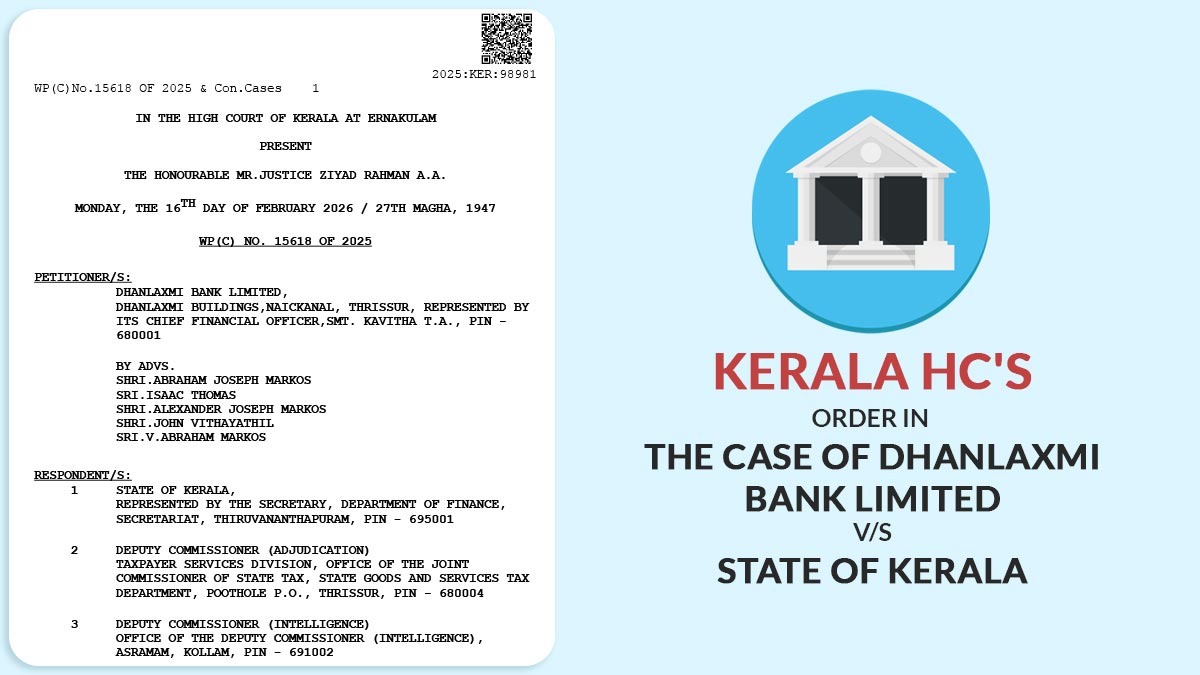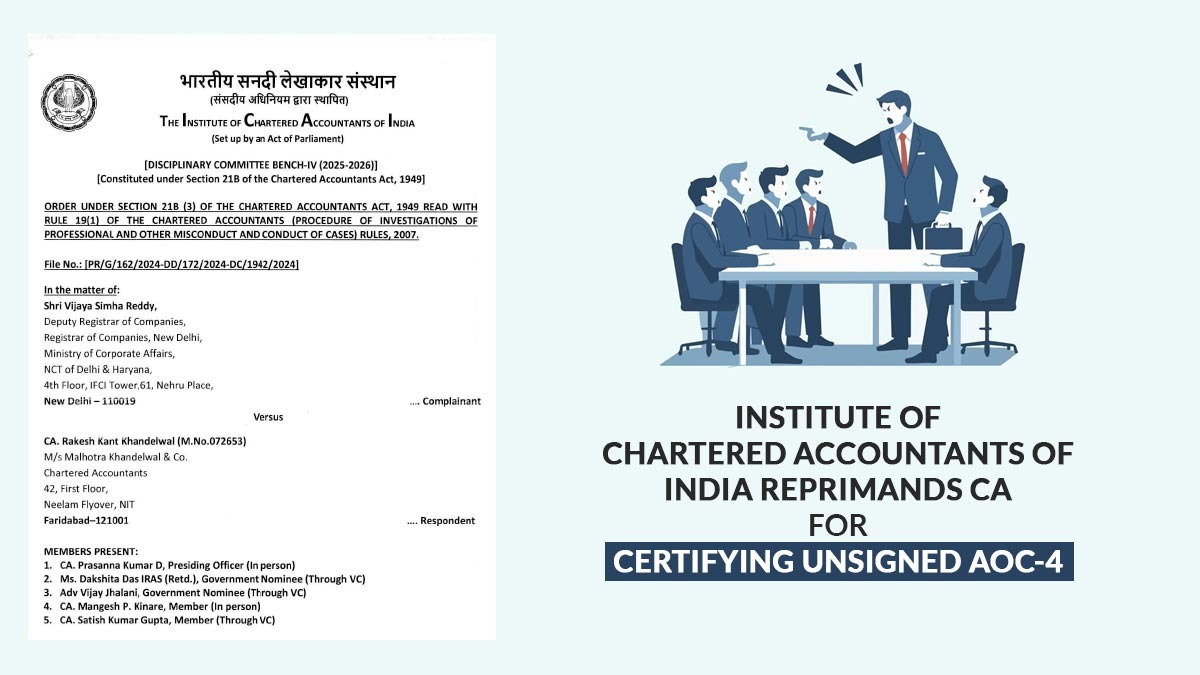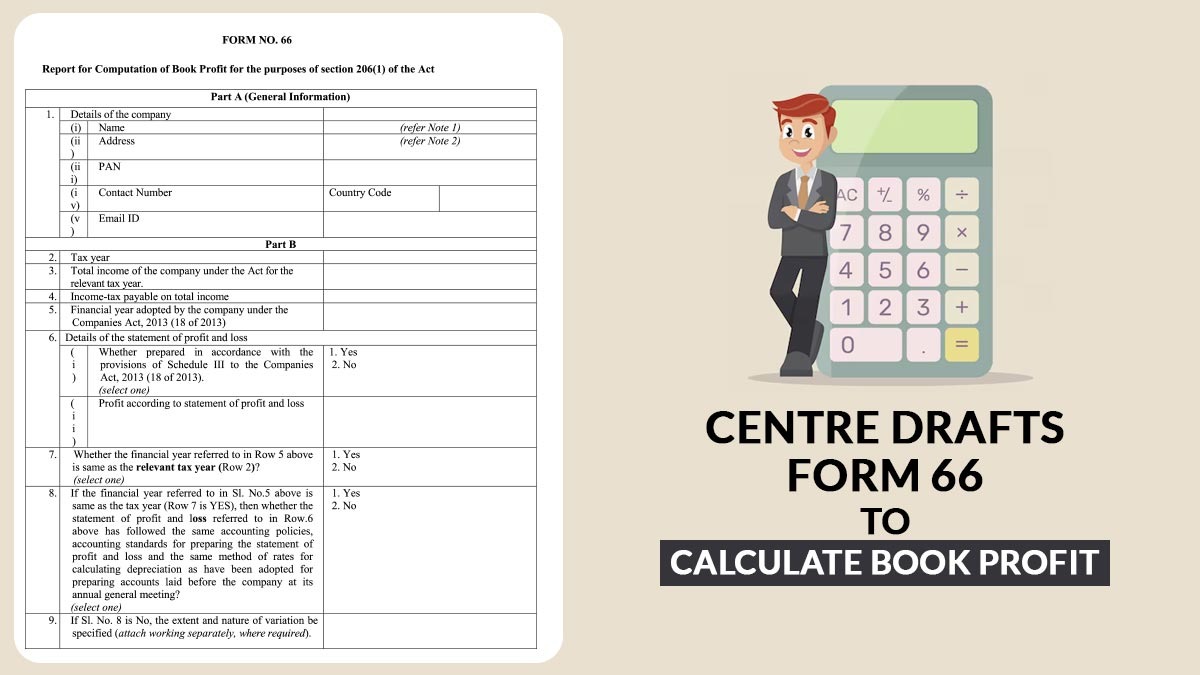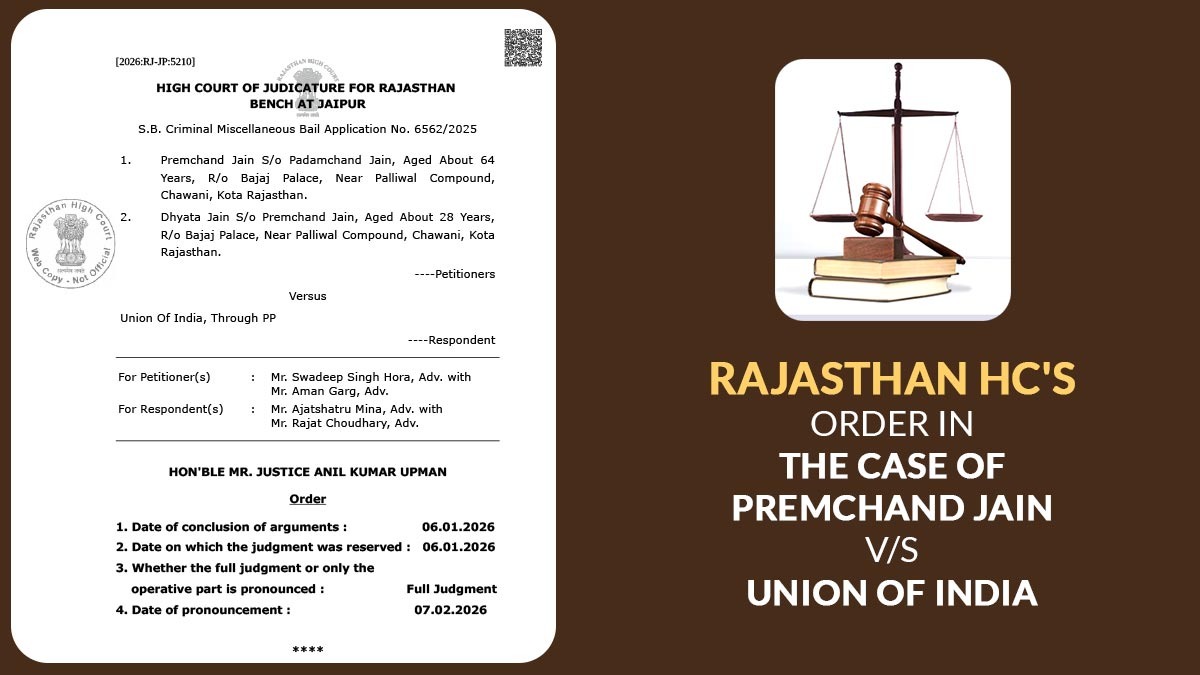
On the capital gains, the NRIs who are selling the house property located in India need to pay tax. It just relied on the short-term or the long-term capital gains on which tax is to be paid.
The tax on the long-term capital gain is when the house property is sold post to the duration of 2 years (Reduced from 3 years to 2 years in Budget 2017) from the owned date. If it is held for two years or below, then it is said to be a short-term capital gain. The tax consequences for the NRIs are indeed liable to apply in the case of inheritance.
When the case is about the property that has been inherited, then you must acknowledge the buying date of the real owner to compute whether the same is long-term or short-term capital gains. Towards the case that the property price would be the cost of the former owner.
The form and the amount of deduction of TDS if the seller is an NRI are elaborated in the information below in the given article. The post will mention the major points and details on the sale of the property and the applicable TDS within the compliance of the seller.
Submit Query Regarding Gen TDS/TCS Software
How Much Tax is to be Furnished?
The long-term capital gains are taxed under 20% TDS (after Indexation) for transfers before July 23, 2024, 12.5 % (Without Indexation) TDS after July 23, 2024, and the short-term gains would be taxed with the subject income tax slab rates for the NRI established on the total income which is taxable in India towards NRI.
Deductible TDS on NRI Property
A 20% TDS (after Indexation) for transfers before July 23, 2024 12.5 %( Without Indexation) TDS for transfers after July 23, 2024. TDS is subject to be deducted on the property sale by NRI where the property is sold after 2 years, but if the property is sold before 2 years (reduced from the date of purchase), 30% TDS would be subject to apply.
TDS Applicability and Deduction on NRI Property Sale
When any property has been bought or sold, the TDS needs to be deducted. The buyer, when furnishing the amount to the seller, would deduct some amount known as TDS and furnish the balance to the seller. The amount that gets deducted from the buyer will need to be deposited with the income tax department by the buyer.
The amount deducted relied on the residential status of the seller. If the seller is a resident Indian, then the amount of the TDS to be deducted will be 1% of the sale price, and when the seller is an NRI, then the TDS deducted depends on the quantum of the money obtained by the seller.
The residential status of the seller shall be acknowledged to calculate the TDS amount to be deducted, while the residential status of the purchaser shall not be acknowledged.
The way and the amount of TDS towards the case, where the seller is a resident Indian, is discussed here. TDS @ 1% on the sale of property by a Resident Indian.
The form and the amount of deduction of TDS if the seller is an NRI who has provided the information below.
Applicable TDS Rate on NRI Property Sale
TDS on the sale of the property through NRI needs to be deducted under the rates elaborated:
| Nature of Capital Gains | Description | TDS Rate on Sale of Property by NRI |
|---|---|---|
| Long-Term Capital Gains | Property held for more than 2 years | 20% TDS (after Indexation) for transfers before July 23, 2024 12.5 %( Without Indexation) TDS for transfers after July 23, 2024 |
| Short-Term Capital Gains | Property held for less than 2 years | Income Tax Slab Rates of Seller |
Surcharge and cess will be imposed on the above-mentioned amount.
Thus, the effective TDS rate on the property sale via NRI towards the long-term capital gains is mentioned as:
| Particular | Property Sale Price (Rs.) | |||
|---|---|---|---|---|
| Less than 50 Lakhs | 50 Lakhs to 1 Crore | Above 1 Crore | ||
| Long-Term Capital Gains Tax | 20% or 12.5% | 20% or 12.5% | 20% or 12.5% | |
| (Add) | Surcharge | Nil | 10% of the above | 15% of the above |
| Total Tax (incl Surcharge) | 20% | 22% or 13.75% | 23% or 14.375% | |
| (Add) | Health & Ed. Cess | 4% of Above | 4% of Above | 4% of Above |
| Applicable TDS Rate (incl. Surcharge & Cess) | 20.8% | 22.88% or 14.30% | 23.92% or 14.95% | |
“Earlier higher surcharge was levied if the property value was more than Rs. 2 Crores, and even higher if the property value was more than Rs. 5 Crores. However, in Budget 2022, the maximum surcharge that has been levied has been capped at 15%. And therefore, irrespective of whether the property value is Rs. 1 Crores or Rs. 5 Crores or Rs. 10 Crores – the rate of TDS will remain the same, i.e. 23.92% or 14.95% (applicable w.e.f. 1st April 2022)”
In the case of short-term capital gains, where the property is owned for less than two years by the seller, the applicable surcharge and cess will be added to the tax rates as per the income tax slabs, similar to how it is applied for long-term capital gains, as explained above.
Upon the payment made, TDS needs to be deducted by the NRI for buying the property. If any advance is given for the property buying, TDS needs to be deducted.
The buyer is urged to deposit the TDS with the Income-tax department, saying that the same TDS that gets deducted via the payment that the NRI has made.
Furthermore, the TDS on the buying of the property via NRI needs to be deducted even if the transaction value of the property is. Despite the property value crossing Rs 50 lakhs, the TDS needs to be deducted.
Amount upon Which TDS is Deducted Under Section 195
Under section 195, the TDS on the sale of the property by an NRI needs to be deducted and ideally needs to be deducted on the capital gains. However, this calculation of the capital gains would not be performed by the seller himself and must be executed by an income tax officer.
The seller would furnish the application in Form 13 to the income tax department and urge them to calculate his capital gains. Filing the form is somewhat harder, and the seller would opt for the services of a chartered accountant to furnish the application to the income tax department.
The seller’s capital gains would be calculated by the income tax department, which would provide the certificate for nil or lower deduction of the TDS, relying on the capital gains that come from the property sale.
The seller is required to furnish the same certificate to the buyer, and the buyer would deduct the TDS under the rates given in the income tax certificate.
Towards this case, this certificate is not taken from the seller by the income tax department. The TDS must be deducted from the total sale price and not from the capital gains. Thus, the seller must get the certificate from the income tax officer.
The same is recommended that the details of the TDS deducted be written in the property sale agreement. The same must be noted that it is not the obligation of the property registrar to make sure that the TDS has been deducted. The registrar will enrol the sale agreement even if the TDS is not deducted or deducted incorrectly.
If the TDS deducted is incorrect or not deducted, then the income tax department does not execute anything towards the seller, but would grab hold of the buyer of a property to deposit the TDS. If the purchaser fails to deduct the TDS or deducts less TDS, then from the buyer, the income tax department shall retrieve the TDS.
TDS Payment, Return and TAN Number for NRI
There are various compliances to opt for when buying a property from an NRI. Initially, the buyer must hold a TAN no for the deduction of TDS. TAN No is not needed towards the case the property is bought from a resident Indian; however, it is essential towards the case the property is bought from a non-resident Indian.
TAN has no points towards the Tax deduction and collection account no and varies from the PAN no. Only the purchaser is needed to pose this TAN, while the seller doesn’t. When the buyer has the TAN no, then he must apply towards that before the TDS deduction. The same is essential to know that towards the case of 2 buyers who need to apply for a TAN No.
In 7 days from the end of the month, the TDS that has been deducted by the buyer will be deposited in the Income Tax Department. For instance, when TDS is deducted in June month then TDS must be deposited with the Income-tax Department on or before 7th July.
TDS needs to be deposited along with the Challan No./ ITNS 281 as well as could be deposited online and via different bank branches. The TDS could be deposited online via the same link https://onlineservices.tin.egov-nsdl.com/etaxnew/tdsnontds.jsp.
Post-depositing the TDS, the buyer needs to file the TDS return. The same TDS return is needed to be filed in Form 27Q and is needed to be filed individually for every quarter where the TDS is deducted. The same TDS return is needed to get deposited within 31 days from the quarter end where the TDS gets deducted.
Post-depositing the TDS and furnishing the TDS return, the buyer also needed to file the Form 16A with the seller of the property.
How to Easily Find Out if the Seller is a Resident or Non-Resident?
Finding out the residential status of the seller is an essential step to execute during performing the property transaction with an NRI, as the TDS rate to be deducted relies on whether the seller is a resident or NRI in India for income tax purposes.
The same depends on the number of days an individual spends in India, which shall be revealed if the seller is a resident in India or a non-resident Indian.
By using a residential status calculator made by the Income Tax Department, the residential status of the seller would be determined, which would be accessed from here: https://www.incometaxindia.gov.in/Pages/tools/residential-status-calculator.aspx
Essential points to follow during determining whether the seller is a resident or NRI
- A country’s citizenship does not matter in determining whether the seller is a resident or non-resident in India. When an individual is a citizen of India but lives in a foreign country, they will be recognised as a non-resident for income tax purposes. The Income Tax Act does not discuss citizenship; it only reveals the number of days spent in India.
- If the seller owns an Indian Aadhaar card and PAN card, he would still be recognised as a non-resident in India.
- The number of days spent in India reveals the residential status of the person, and it does not reveal the grounds of the Aadhaar Card or PAN Card. The type of bank account of the seller does not have any influence on the residential status of the seller. If the person does not convert his resident savings account to an NRI bank account, he would still be acknowledged as a non-resident.
What if the Seller Mentions that He is a Resident in India?
The major advantage of becoming a non-resident is that the NRI who earns income from foreign does not need to pay tax in India. But if the foreign income obtained by the resident from outside India is taxed in India.
The same is the major reason why people living outside India attempt to maintain their NRI status. If they become residents in India, they need to pay the tax in India on the earned income from outside India.
The Seller Needs to Take Care
Mentioned are the points that must be remembered by the seller towards the deduction of TDS on a property sale by an NRI
- Attempt to obtain the certificate from the income tax department to calculate the capital gains that would diminish the TDS to be deducted.
- Various documents such as Purchase Price, Date of Purchase, any expenses on Renovation/ Construction, and others need to be submitted, including Form 13. The income tax officer would review these documents, and if he accepted then he would provide a certificate for the lesser TDS deduction.
- When the seller is not able to get the certificate, then the TDS shall be deducted from the sale value and will be rendered towards the surplus deduction of TDS.
- On the other side, for the Property Registration Documents, the seller must collect Form 16A from the Buyer.
- The seller would lower his capital gains, which pointed towards the lower TDS and the tax liability if the seller has the intention to reinvest in the capital gains in India.
- If the seller does not choose this certificate, then he would indeed apply towards the refund of the surplus TDS deducted at the end of the year.
- If two sellers are co-owners, then both of them shall be needed to furnish Form 13, respectively, to reduce the TDS cost.
- The compliance of the lower TDS certificate (Form 16) is applicable for both NRI and OCI cardholders, and the advantage would also be enjoyed by the OCI cardholders.
Compliance to Know by the Buyer
When the buyer buys the property, he has various responsibilities if he buys it from an NRI. The buyer must have:
- Deduct the TDS at the time of every payment and not during the Registration of the Property.
- TDS that gets deducted would get deposited with the income tax department under the schedule towards depositing the TDS.
- TDS return would indeed be filed with the income tax department under the schedule towards furnishing the TDS return.
- The purchaser would indeed provide Form 16A to the seller to furnish the TDS return. Form 16A undergoes a TDS certificate that mentions that the buyer has deposited TDS with the seller.
- The concern is that if the late TDS payment is furnished, then the interest levied will be 1%/1.5% per month.
- Towards the case when the late filing of a TDS return is furnished, a Rs 200 penalty would be imposed. The income tax officer imposes a penalty of up to Rs 1 lakh.
- Towards the concern of a Home loan, the TDS is to be deducted when the payment is furnished to the seller, excluding when EMI is furnished to the bank.
- TDS gets deducted under the above-mentioned schedule on the advance payment. TDS under the mentioned schedule is subject to being applied on all the payments furnished before providing the lesser TDS certificate.
How to Avoid Double Taxation on Property Sale by NRI in 2 Countries?
Various countries levy tax on a property sale by their residents, no matter where the property is located. For instance, if an NRI in the US sold the property in India, then both the US and India will impose a tax on the same transaction. The US would impose the tax as the NRI lives in the US, and India would impose the tax due to the reason that the seller’s property is in India, which results in double taxation.
But to prevent the double tax, India has opted for the Double Taxation Avoidance Agreements with various countries. These agreements mentioned that if an individual furnishes the tax on property sale in India, then he would obtain the tax credit of the furnished taxes, which would diminish the tax liability in the other country.
Effective disclosure is needed to be furnished towards the case in the country in which the tax credit has been claimed. For example, if you are an NRI in the US and then you sell property in India, then you will need to declare these gains or losses on the property sale in your US tax return under Section D of Form 1040. As India has a double taxation avoidance agreement with the United States on giving the taxes to the US Government, one would deduct the taxes paid in India.
Money Repatriation by NRI Outside India
To repatriate the money outside India obtained from property sales in India, the NRI needs to submit Form 15CA & Form 15CB to the Bank. The same forms need to be made from the income tax website and then furnished to the bank.
NRI might generate Form 15CA himself, or his CA will do it for him, but Form 15CB would only be made by the CA. A sign and stamp are also needed in Form 15CB.
In the same form, different circulation along with the fund source is to be repatriated, including the declaration that all the taxes furnished on these funds are in India.
NRIs are permitted to repatriate a maximum of $1 million (USD) outside India per calendar year. (Refer: RBI Circular)
Diminish TDS Liability via Furnishing the Application in Form 13
To diminish TDS on a property sale by an NRI, he needs to furnish the application in Form 13 to the income tax department to provide the certificate for Nil/ Lower Deduction of TDS. The same certificate assists the NRIs in diminishing the TDS liability, and then most NRIs choose the same certificate.
But furnishing the form is a tough chore, and thus, the majority of NRIs opt for a chartered accountant to furnish the application.










Recently one of my friend bought a flat from a person who was NRI but not disclosed .The buyer deducted TDS @ 1%.later The buyer came to know that the seller is NRI.
Then the seller have given him an undertaking that he is resident indian and if the buyer gets any notice from income tax then he will be liable for that.
what implication will the buyer have if any notice comes.
“Please take the consultancy from the practicing chartered accountant.”
i am buyer. There is joint seller. one is NRI and one is Indian resident. all consideration of property is done by Indian resident. the property is shown in balance-sheet of Indian resident.
Now I am purchasing the property value is 2.5 cr. what is the TDS implication. Indian resident want all payment on his name . he will show capital gain in his income tax return. is it ok i deduct 1% on 2.5 cr on indian resident PAN. please guide
The seller is NRI.
she made her father as general power of attorney (GPA) Holder.
He (GPA Holder) sold the flat in apartment and registered to buyer.
Buyer deducted 1% Tds for sale consideration of rupees ₹ 7200000
Sale proceeds is sent to her bank account which is in india.
Is it correct if buyer deduct 1% Tds in form 26QB as resident.
Please Consult with practising chartered accountant.
Husband(NRI) given POA to wife(NRI) to sell apt in India. Can wife as POA file Form13? Or husband as property owner file Form 13?
Wife can represent the husband and assist with the sale of the property due to the POA, the husband, as the property owner, is the one who should file Form 13 to request a lower TDS rate. The wife can act on his behalf, but the filing must be done in the husband’s name.
Very good article sir. I am a resident indian and planning to buy a joint propertyfrom a seller in which one is NRI and the other is resident indian. I understand that the buyer has to deduct TDS and pay it.
Property bought by seller – 100 lakhs in 2021
Peoperty sold by seller – 120 lakhs in 2025
For the above rates, how much i have tp pay the TDS if the NRI seller get low tax cerifcate for 3 %. How much TDS have to pay for the indian resident. I am planning the my property with bank loan along with my wife. Is it that myself and wife has to pay TDS separately or i alone can pay.
Thanks
Please take advise from practicing chartered accountant.
I am purchasing a property from nri. i have signed agreement with 20lakh advance and planning to finish final registeration by July 2025. Property value is 1.02cr.
My query is how much TDS (as per new regime property value above 1cr) need to be deducted while making the payment and also is it necessary to pay TDS while signing agreement or is it ok to pay complete TDS before final registeration i.e in July 2025?
Hi, I am an NRI selling a property. I understand that tds @12.5% needs to be deducted on the sale value by the buyer on behalf of seller and pay the balance to me. Buyer has opened TAN account on his name and deposited the 12.5% tax amount of into that TAN. What I would like to know is whether the buyer is supposed to open a TAN on my name i.e. seller and deposit the amount into that or what he did is the correct. I am eligible to claim part of the tax by filing the returns so just want to make sure I will not end up not getting the partial tax refund. Thanks in advance.
The buyer is required to open a TAN account in their own name .Seller will be able to claim the TDS refund as long as it is properly reflected in your Form 26AS when file tax returns.
I am selling flat as NRI. Buyer is submitting 12.5 pect plus 4 pect education cess total 13 pect TDS. Is that correct percentage? TDS is no more 20 pect?
Thanks